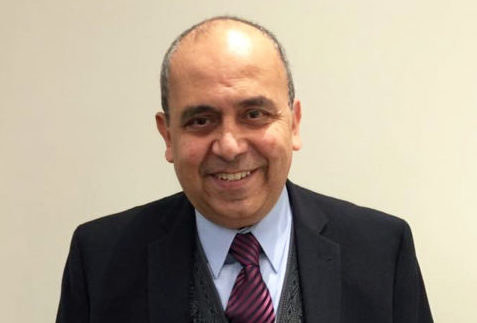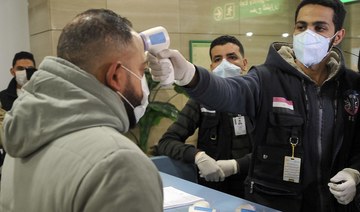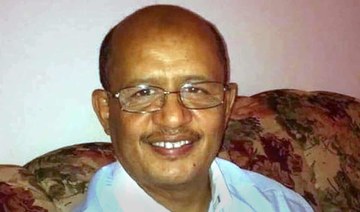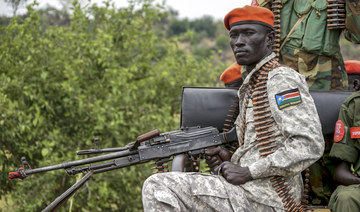LONDON: An Egyptian-British doctor described as a “very special human being” has died after contracting coronavirus.
Dr. Medhat Atalla, a consultant geriatrician, worked in northern England at the Doncaster Royal Infirmary, where he died.
Colleagues said that the 62-year-old was hugely popular, and a much-loved and respected colleague.
“Dr. Atalla was a very special human being who practiced medicine across three continents throughout his career, affecting the lives of so many in such a positive way,” Dr. Tim Noble, medical director, and Richard Parker, CEO at Doncaster and Bassetlaw Teaching Hospitals, said.
“We share our deepest sympathies with Dr. Atalla’s brother and sister, and loved ones in Egypt.”

Dr Medhat Atalla was a consultant geriatrician at Doncaster Royal Infirmary. (Doncaster and Bassetlaw Teaching Hospitals)
The hospital said Atalla’s colleagues had done “all they could to care for and support him as he bravely battled COVID-19.”
Atalla arrival in the UK in the early 2000s and cared for elderly patients in hospitals throughout northern England.
He had worked full time at the Doncaster hospital since 2014.
Hundreds of tributes were posted on social media from friends, family and colleagues.
“I am sat crying as I read this,” said Diane Yates. “Dr. Atalla was a true gentleman and a truly wonderful physician. Always professional warm and kind. He will be very badly missed. God bless him, he was a real NHS hero.”
Atalla is the second Doncaster Royal Infirmary staff member to die after being diagnosed with coronavirus. Plaster technician Kevin Smith died on April 13.
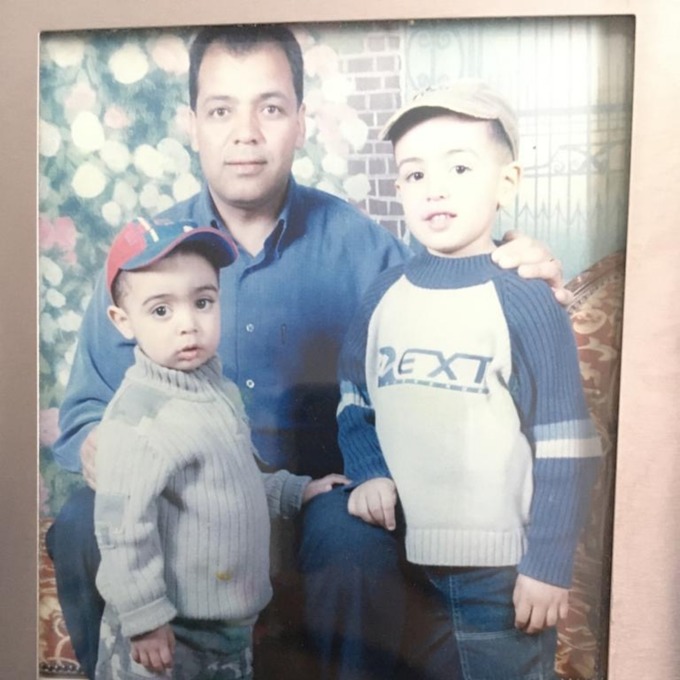
Libyan-born orthopaedic surgeon Sadeq Elhowsh died of COVID-19 on Monday. (Handout)
He is also the latest health worker of Arab descent to die from the virus following the death of Libyan-born orthopaedic surgeon Sadeq Elhowsh on Monday. The 58-year old father-of-four worked at St. Helens and Knowsley Teaching Hospitals NHS Trust for 17 years.
Hundreds of Elhowsh’s colleagues gathered outside Whiston Hospital, near Liverpool, to show their respect as his funeral car drove past.
“Sadeq was a wonderful husband, as well as a devoted father,” his family said. “He loved his work, and was dedicated to supporting his patients and his colleagues.”
Nicholas Hopton, the British ambassador to Libya, said he was “very sad” to hear of Elhowsh’s death.
“We thank him for all he did for our NHS, and the many other Libyans doing the same,” the envoy said. “Our thoughts are with his family.”





